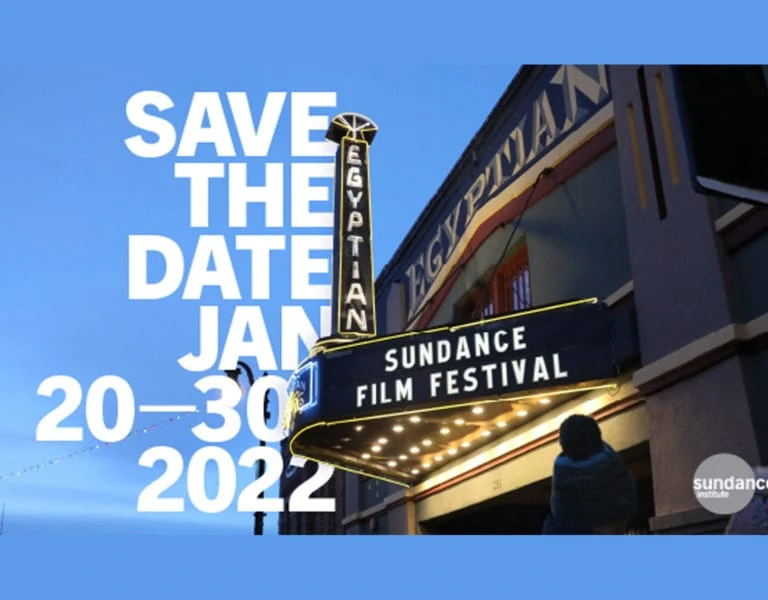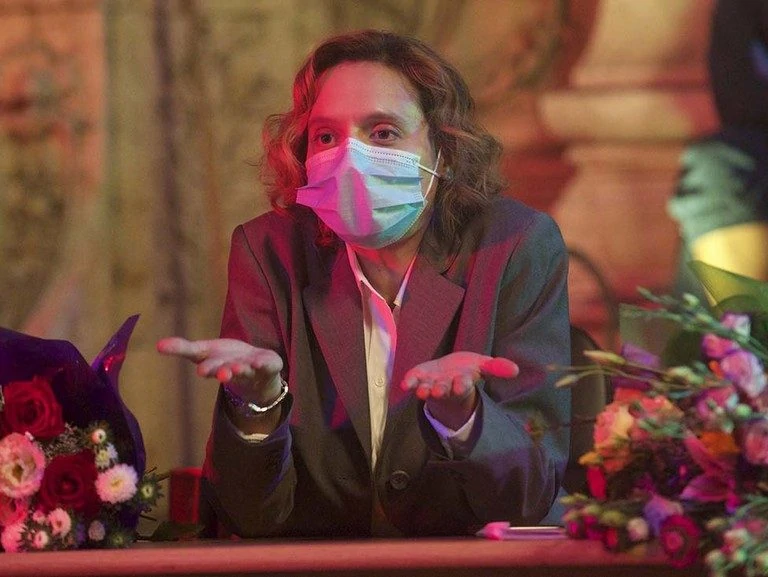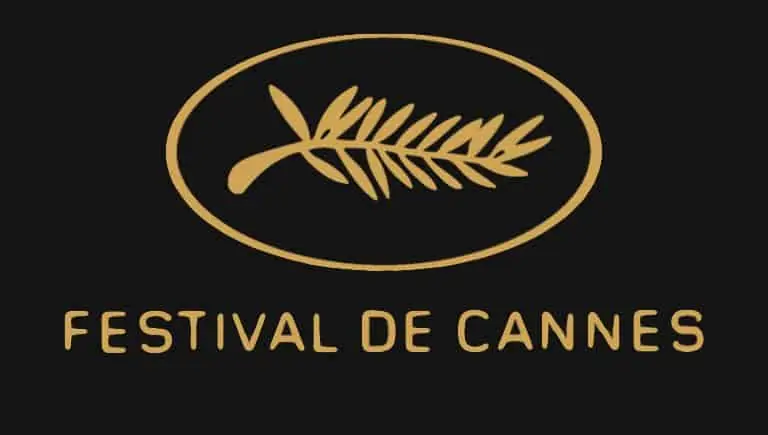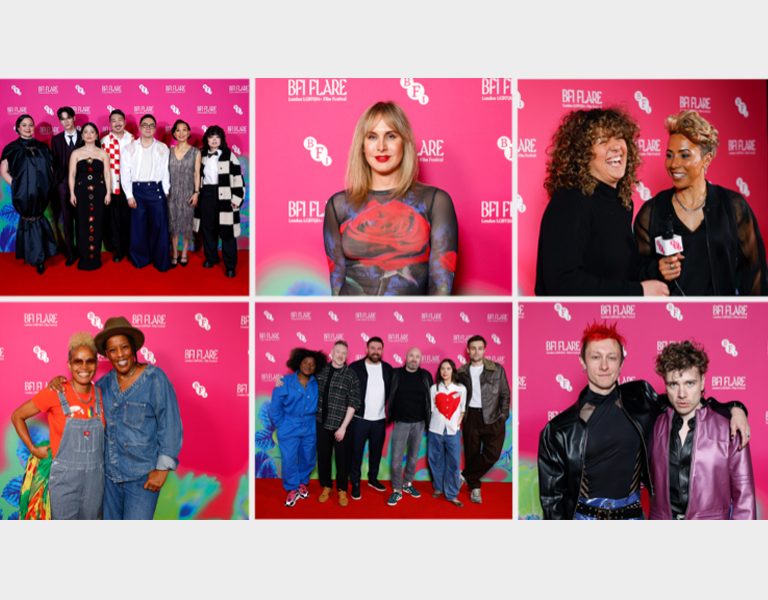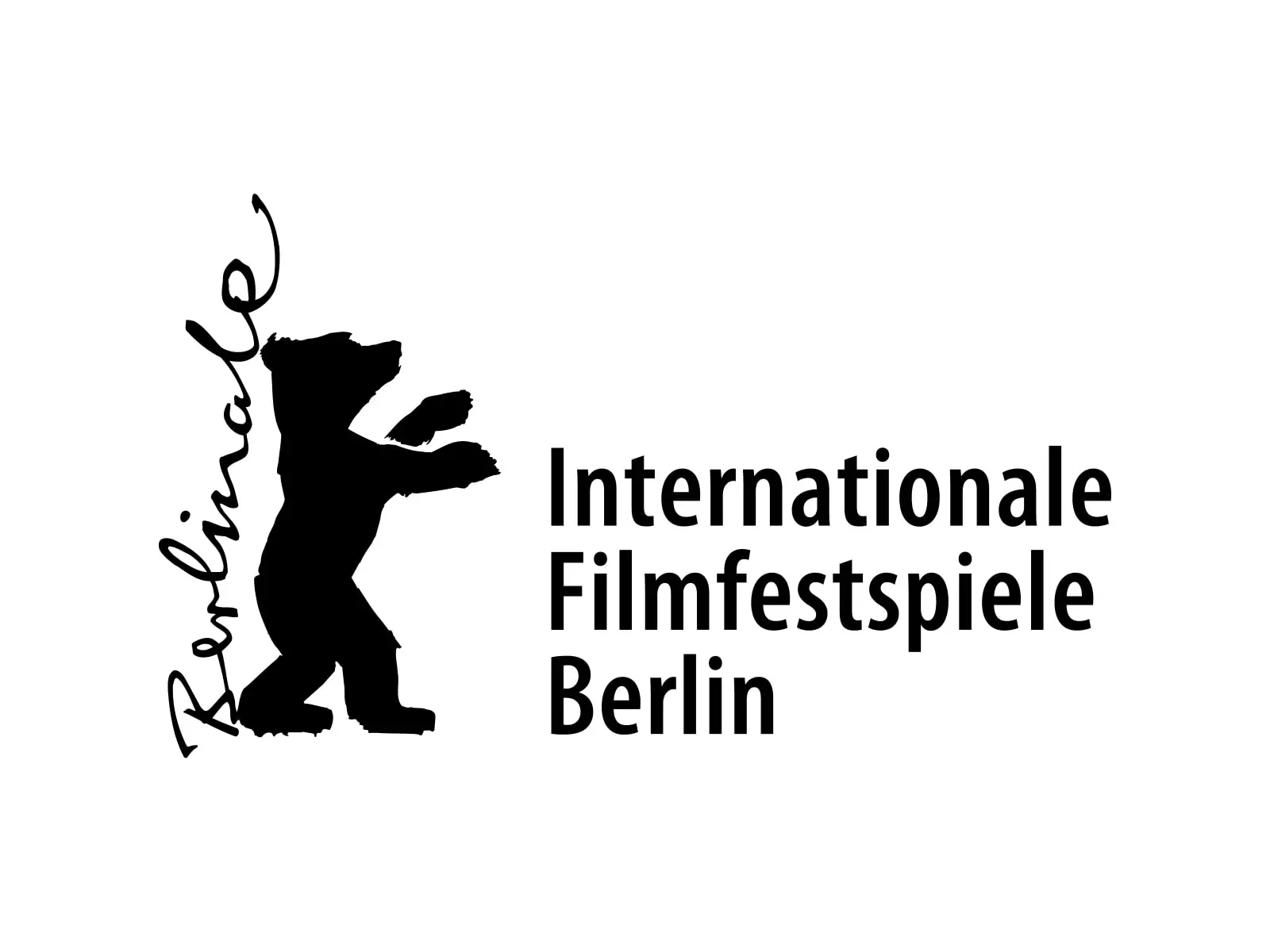
The Berlinale has developed a new concept so that it can fly the flag for culture emphatically, even in these times of pandemic. The focus this year, therefore, will be on cinema screenings in the Berlinale venues. The health and safety of the audience at all events and strict compliance with the current hygiene regulations remain the top priority.
Following recent decisions by the Federal Government and the Berlin Senate, the previously developed hygiene and security measures have been reviewed once again, so that the 2022 festival can be organised as an in-person 2G-plus event (additional masking and testing requirement).
The Berlinale has changed its format and concept due to the pandemic: The festival will start on February 10 with the ceremonial opening at the Berlinale Palast. Afterwards, until February 16, film teams will present their films personally to the public and accredited audiences at the premieres in the various Berlinale cinemas. The award ceremony for the Golden and Silver Bears, as well as the GWFF Best First Feature Award and the Berlinale Documentary Award will take place on the evening of February 16. The “Publikumstag” event, which has been very popular for some years now, will be extended to four days in 2022: from February 17-20, there will be repeat screenings in all the Berlinale cinemas (at the regular standard price of 10 Euros).
In addition to shortening the part of the festival consisting of presentations, the new concept also envisages a fundamental reduction in seating capacity in the Berlinale cinemas to 50 percent. Due to the pandemic, it will not be possible to hold parties and receptions, but for film teams there will still be a chance to appear in a reduced format on the Red Carpet at the Berlinale Palast or at other premiere cinemas in the presence of the press, which will help to create a touch of the traditional festival atmosphere.
The new State Minister for Culture and Media, Claudia Roth, commented: “We want to make the Berlinale possible, and according to current deliberations, we can achieve this. We want the festival to send a signal to the entire film industry, to cinemas and moviegoers, and to culture as a whole. We need cinema, we need culture. Of course, in today’s times, this can only be managed with some painful cuts and with constant vigilance. The pandemic situation is dynamic, and the Berlinale is adapting to the resulting challenges. We are helping wherever we can, and I would like to thank the Federal Minister of Finance but also many dedicated colleagues in government and parliament for their support. I would also like to thank the State of Berlin and especially the health authorities and the Senator for Health for supporting the Berlinale along this route with such dedication. I would especially like to thank the Berlinale management for embarking on this journey together with us, and the Berlinale staff for their perseverance and enormous commitment, without which the Berlinale 2022 could not take place.”
“We are aware of the challenges posed by the unpredictable course of the pandemic. At the same time, we believe that culture plays such a fundamental role in society that we do not want to lose sight of this aspect. We would like to enable festival screenings for our audiences and filmmakers even in these times of pandemic. With our new concept, we are focusing fully on the cinematic experience and reducing the formation of groups. The key thing is to give audiences and film teams a collective experience of cinema with this changed concept, while reducing the number of face-to-face encounters in compliance with the corona regulations. Our international guests are keen to present their work on site,” according to the two directors of the Berlinale, Mariette Rissenbeek and Carlo Chatrian.
The festival schedule until February 16 also includes press conferences and photo calls for individual films. The award ceremony of the Honorary Golden Bear to Isabelle Huppert (Feb 15) and the presentation of the European Shooting Stars (Feb 14) will also take place within this shortened in-person time frame.
European Film Market, Berlinale Co-Production Market, Berlinale Talents and World Cinema Fund to go online
While the festival aims to organise physical cinema visits as safely as possible even in times of pandemic, there are greater obstacles to organising the EFM in the Gropius Bau as well as other meeting-driven, face-to-face events. Due to the current pandemic conditions, the European Film Market (10.-17.02.2022) will be realised purely digitally, and the Berlinale Co-Production Market (Feb 12-16, 2022), Berlinale Talents (Feb 12-17, 2022) and World Cinema Fund Day will also be conducted online.
“The decision to realise the EFM 2022 as a purely digital event was an extremely difficult one to make. The great need for the sales industry to meet physically had been reflected in the considerable number of bookings for exhibition spaces, accreditation and physical market screenings,” says EFM director Dennis Ruh. “However, the high frequency of face-to-face encounters in regular market trading is not feasible at the moment. So, we are relying on our digital offers, which already proved their worth for the trade-fair business ‘on remote’ last year.”
The digital offers of the EFM comprise exhibitor presentations at virtual booths, digital market screenings, the “Berlinale Series Market”, networking formats, and the conference programme “EFM Industry Sessions”, for which this year’s theme is “Shaping Change”. Details of the programme will be announced in the coming weeks.
The Berlinale Co-Production Market will be holding its 2022 meetings, talks and networking events online in order to limit physical contact while creating an efficient and relaxed meeting situation, allowing even those participants who cannot or do not wish to travel to take part. “We very much regret not being able to meet each other in person. But our positive experience from last year makes us confident that we can run a successful online version,” says Berlinale co-production market director Martina Bleis.
Berlinale Talents (12.-17.02.2022) will invite the 200 selected talents from over 70 countries to participate in exclusively digital events and networking opportunities. As in the previous year, selected talks will be made available to a wider public audience via streaming and, if permitted, to a very limited degree to local visitors on-site in Berlin.
The World Cinema Fund, whose increasingly differentiated support programme (WCF, WCF Europe, WCF Africa, WCF ACP) successfully promotes film production in regions with weak film infrastructures throughout the year, will also be offering the presentations and talks of its annual WCF Day (date to be announced) in digital form. “Following the focus of 2021 on “Decolonising Cinema”, we will be discussing more decolonisation strategies in the film industry, among other topics, during WCF Day 2022,” says Vincenzo Bugno, head of the WCF.





